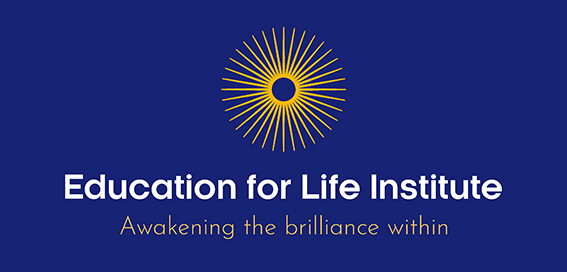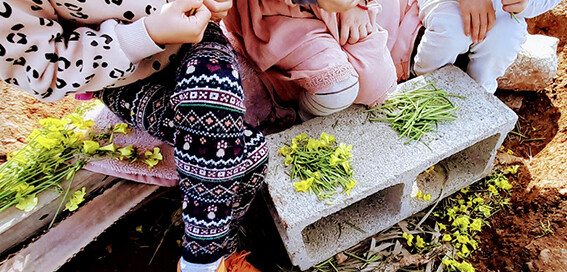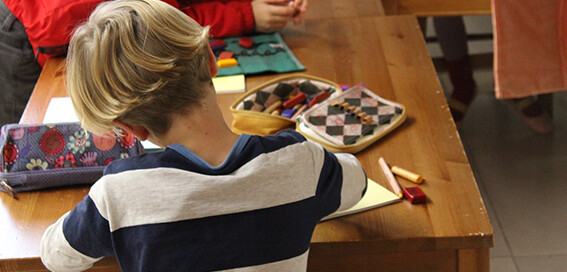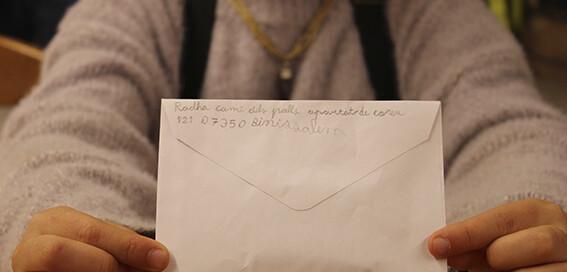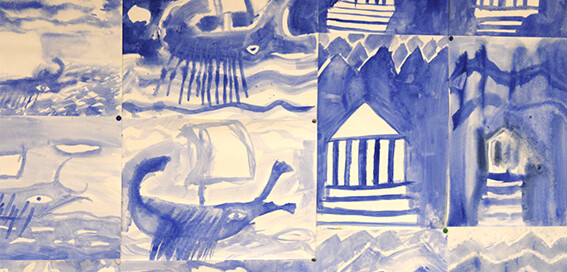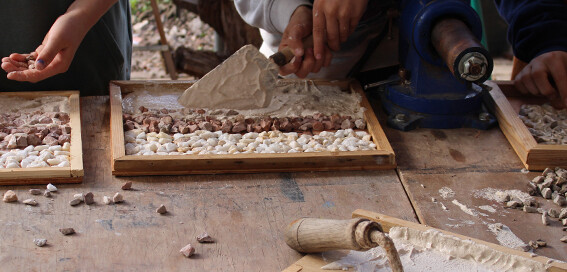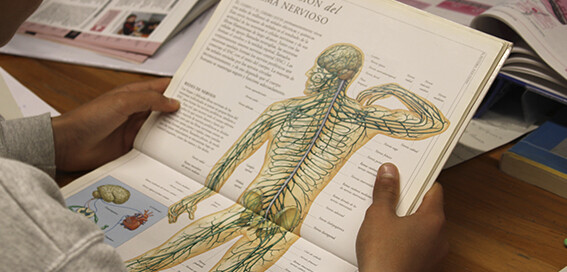INTEGRATED MUSIC CONCERTS
"Deixo el pentagrama; fujo de la solfa! sóc la nota blanca viva i tafanera que ja m’he cansat de ser presonera. Aquest carnaval em disfressaré pintant-me de roig; i a la primavera ja veurem quin goig! tothom em prendrà per una cirera!" Joana Raspall Playing an instrument requires great effort and involvement, but the musical philosophy at school is that children enjoy this work from the first moment, and sharing it is part of that path. For this reason, this week they offered us an audition where they were able to show the work done during the previous months, playing individually or in small groups. Thanks to these children who practice daily with so much enthusiasm, music is breathed throughout the school, reaching every corner, making their classmates enjoy it. We have been able to listen, divided into two auditions, trumpet, euphonium, piano, guitar, saxophone, cello, flute and double bass; playing pieces by different authors from all eras, even composed by the students themselves.


